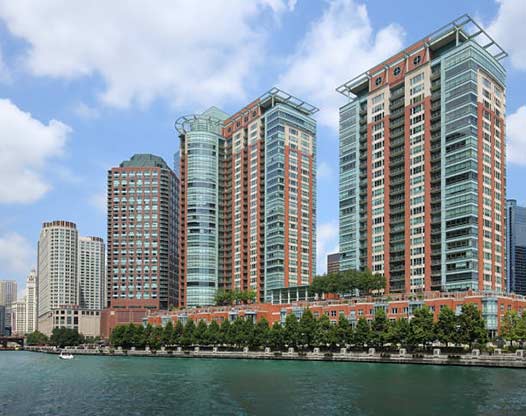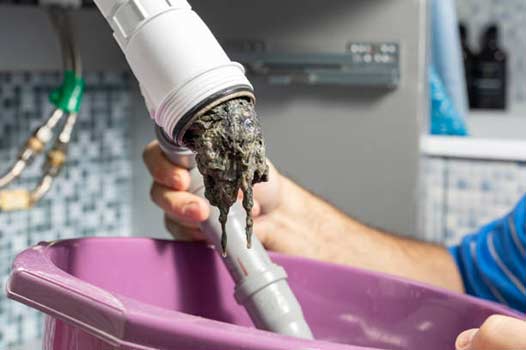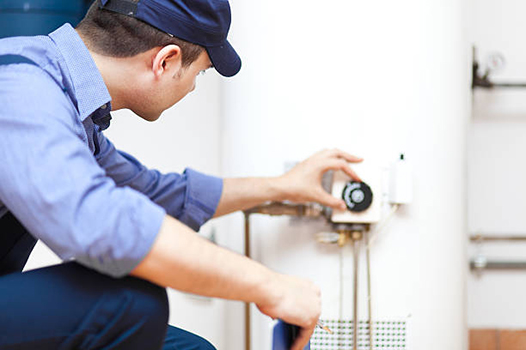
Whether you’re a first time renter or have been renting for years, knowing how to handle common plumbing issues can save you time, money, and stress. Below we’ll provide valuable tips and insights to help you navigate plumbing problems that may arise in your rented property. From simple maintenance to dealing with emergencies, we’ve got you covered.
Understanding Your Responsibilities as a Renter
Before we dive into specific plumbing tips, it’s crucial to have a clear understanding of your responsibilities as a renter when it comes to plumbing issues. While the specific details may vary from one lease agreement to another, most rental agreements generally state that landlords are responsible for major plumbing repairs and issues that are not caused by the tenant’s negligence.
However, as a responsible tenant, it’s essential to maintain the plumbing fixtures and pipes in good condition through regular cleaning and proper use. Minor issues like clogged drains or leaky faucets are typically the responsibility of the tenant. Now that we’ve established this important context, let’s move on to some practical plumbing tips for renters in Chicago.
Report Plumbing Issues Promptly
One of the most crucial tips for renters is to report any plumbing issues to your landlord or property manager promptly. Whether it’s a dripping faucet, a running toilet, or a slow drain, don’t delay in letting them know. By doing so, you prevent the problem from worsening and potentially causing more significant damage or expensive repairs.
When reporting the issue, make sure to describe the problem in detail and provide any relevant photos or videos, if possible. This will help your landlord or property manager assess the situation accurately and provide a timely solution.
Basic Plumbing Maintenance
While major plumbing repairs are typically the responsibility of the landlord, you can take proactive measures to prevent common issues by practicing basic plumbing maintenance. Here are a few tasks you can easily handle as a renter:
- Regularly clean out hair and debris from shower drains to prevent clogs.
- Avoid flushing anything other than toilet paper down the toilet to prevent blockages.
- Keep an eye out for leaking faucets and report them promptly to your landlord.
- Use drain screens to catch food debris in the kitchen sink and throw it away instead of letting it go down the drain.
Dealing with Clogged Drains
Clogged drains are a common plumbing issue that many renters experience. Here’s what you can do to tackle minor drain clogs before reaching out to your landlord:
If you have a clogged sink, start by using a plunger to dislodge the blockage. Fill the sink partially with water and then place the plunger over the drain. Pump the plunger up and down vigorously for a few seconds, and then pull it up sharply. Repeat this process a few times until the water starts to drain freely.
If the sink remains clogged, you can try using a drain snake or a zip-it tool to remove the blockage. These tools are easily available at hardware stores and are relatively simple to use. However, be cautious while using them and follow the instructions provided to avoid causing any damage to the pipes.
Addressing Leaky Faucets
Leaky faucets are not only annoying but can also lead to water wastage and swift increase of your water bill. As a renter, it’s important to address leaky faucets promptly. Here’s what you can do:
Check if the faucet is simply loose and needs tightening. Using a wrench, gently tighten the base of the faucet to see if it stops the leak. Be careful not to overtighten, as it can damage the faucet.
If tightening doesn’t solve the issue, the problem may lie with the faucet’s internal components. In this case, it’s best to inform your landlord or property manager, as repairing or replacing the faucet may require professional assistance.
Preventing Frozen Pipes in Winter
Chicago winters can be brutally cold, and frozen pipes are a common plumbing concern during this time. Frozen pipes can lead to burst pipe emergencies and extensive water damage. Here are some preventive measures you can take:
- Keep the heat on, even when you’re away from the property. Set the thermostat to a minimum temperature of 55 degrees Fahrenheit to prevent pipes from freezing.
- Open cabinet doors below sinks to allow warm air to circulate around the pipes.
- Seal any cracks or gaps around windows and doors to prevent cold drafts from reaching the pipes.
- If extremely cold weather is expected, you can let a small trickle of water run from faucets connected to exposed pipes. This helps relieve pressure and prevent freezing.
Educate Yourself on Shut-off Valves
Knowing the location of shut-off valves in your rental property is essential in case of a plumbing emergency. Familiarize yourself with the location of the main water shut-off valve, individual fixture shut-off valves, and toilet shut-off valves. In the event of a burst pipe or a major leak, shutting off the water supply quickly can minimize damage.
If you’re unsure about the location of these valves, don’t hesitate to ask your landlord or property manager for guidance. They will appreciate your proactive approach to handling potential emergencies.
Engage with Your Landlord or Property Manager
Developing a good rapport with your landlord or property manager can go a long way in resolving plumbing issues efficiently. Maintain open lines of communication and notify them promptly of any problems you encounter.
Be polite and clear when describing the issue, and provide any necessary documentation or evidence to support your claim. This collaborative approach can help in fostering a positive landlord-tenant relationship and ensure that your concerns are addressed promptly.
In Conclusion
As a renter in Chicago, knowing how to handle common plumbing issues can save you time, money, and headaches. By promptly reporting any problems, practicing basic maintenance, and familiarizing yourself with essential shut-off valves, you can navigate plumbing challenges with confidence.
Remember, while major repairs are typically the landlord’s responsibility, taking care of minor issues and practicing preventive measures are crucial in maintaining a well-functioning plumbing system in your rental property. By being proactive and engaging with your landlord or property manager, you can ensure that plumbing issues are resolved promptly and efficiently.
We hope you found these plumbing tips helpful. Happy renting!


